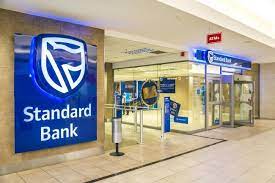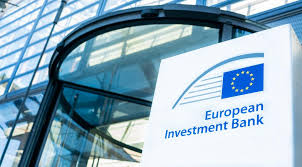Standard Bank of South Africa is attempting to persuade the Industrial and Commercial Bank of China to buy a 40% stake in its London-based joint venture, according to CEO Sim Tshabalala.
For some time, Standard Bank has tried to exit ICBC Standard Bank, a vestige of its unsuccessful attempt to become a worldwide developing markets lender, but has been hampered by the terms of its agreement with ICBC, which owns the remaining 60%.
Standard Bank’s option to sell a 20% stake back to ICBC could not be exercised until ICBC executed its own option to buy the remaining 20% from Standard Bank. Tshabalala remarked during Standard Bank’s annual results presentation that ICBC’s option had now expired.
“[Discussions] have begun to attempt to persuade them to buy the asset from us,” he added, adding that it was impossible to predict when they would end.
Standard Bank’s earnings have been pulled down in recent years by losses at ICBCS, and the venture now faces risks relating to exposure to firms that are both directly and indirectly harmed by Russia’s involvement in Ukraine. ICBCS could not yet analyze the impact on Standard Bank’s 2022 performance, according to Standard Bank.
The battle, according to Standard Bank, might have an influence on financial markets, trade, logistics, food, and commodity prices on the African continent, jeopardizing the continent’s recovery from COVID-19.
The bank has “minimal direct exposure” to Russia and Ukraine, according to the statement, and was aggressively assuring compliance with all local and international legislation.
It reported a 57 percent increase in 2021 headline earnings per share to 1,573 cents, the major profit indicator in South Africa. As bad debt costs associated with COVID-19 have dissipated, South Africa’s biggest banks have seen a substantial improvement in performance.
A final dividend of 511 cents per share was issued by Standard Bank. By 0925 GMT, the stock had gained 1%.




















